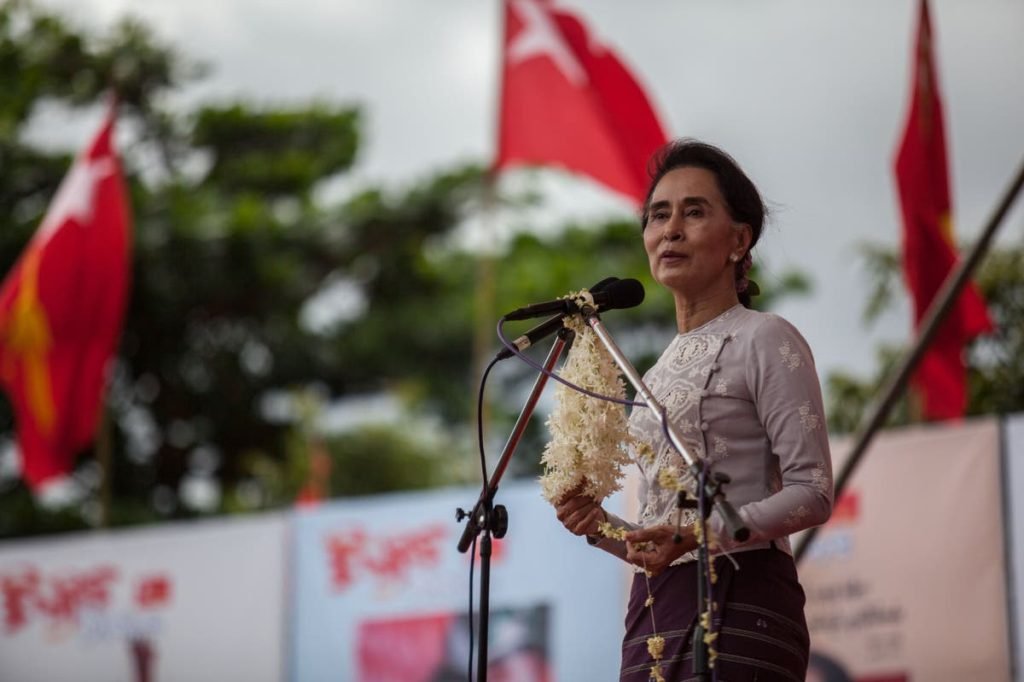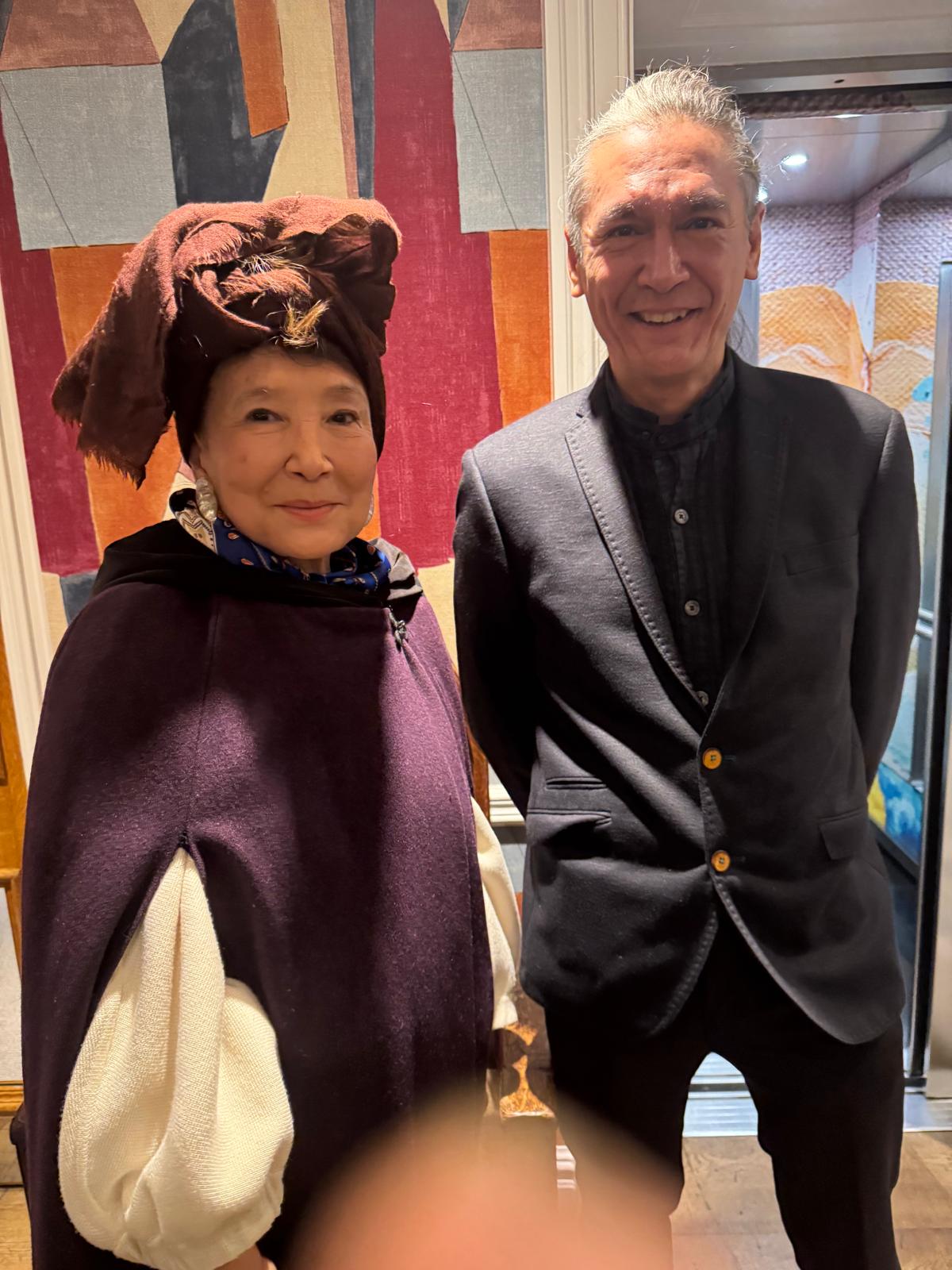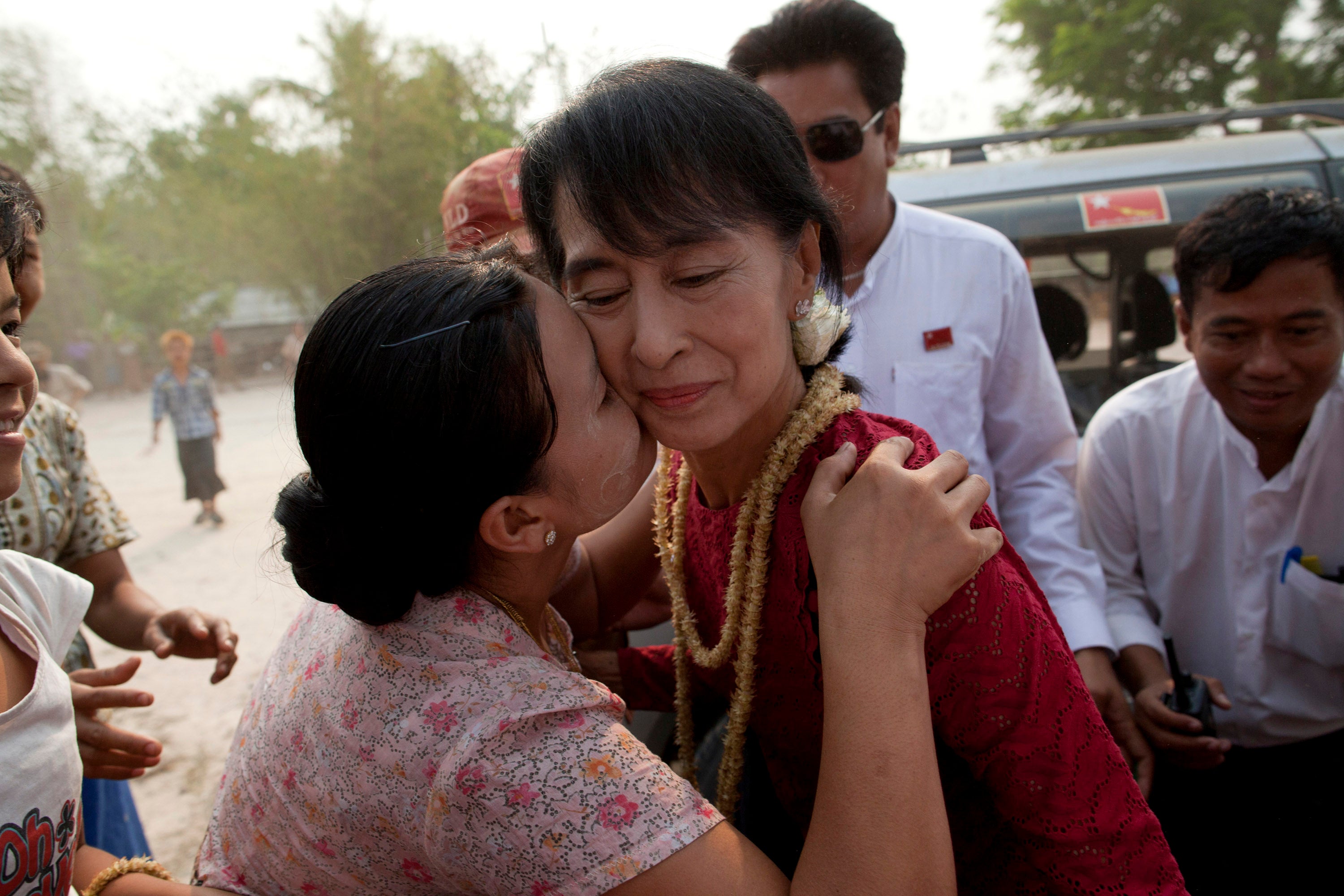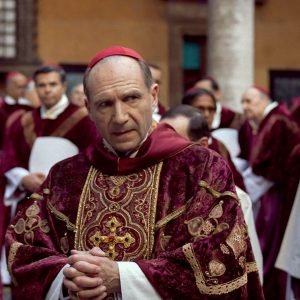
The Independent has been hailed for shining a light on the continued imprisonment of Aung San Suu Kyi by a brutal military regime in Myanmar.
Human rights campaigner Bianca Jagger and Wild Swans author Jung Chang joined politicians, journalists and lawyers at the London screening of The Independent TV’s documentary Cancelled: The Rise and Fall of Aung San Suu Kyi.
The film looks at the life of the 79-year-old Nobel Peace Prize winner who has become a deeply divisive and controversial figure internationally after failing to speak out on her country’s extreme violence against its Rohingya Muslim minority.
It was described as a “rallying point” for the freedom of a woman seen as the “last hope” for the people of her country.
Speaking afterwards, Ms Jagger said: “I think the most difficult issue is for people to have mercy on fallen heroes. Because she was a hero for many of us, including me.
“But we must do everything we can to see her released. This is the perfect film to launch a campaign calling for her freedom … I think this film will be the perfect rallying point to bring us all together and to demand that she be released.”

Ms Chang, who met Ms Suu Kyi on a number of occasions, said: “I greatly admire her. And I am full of sympathy for her, in solitary confinement. So of course I think the more people help her and draw attention to her plight the better.”
Ms Suu Kyi is believed to have spent long periods in solitary confinement since her arrest following a coup in February 2021 and faces 27 years in prison.
Responding to the documentary, three former foreign secretaries, William Hague, Sir Malcolm Rifkind and Jack Straw, have said the ousted former leader was jailed on trumped-up charges and deserves the chance to lead her country democratically.
Former deputy foreign secretary Andrew Mitchell, who attended Wednesday’s screening, said: “She has been treated terribly by the illegal junta in Myanmar. She should be released immediately – and films like this help explain why.”

Ms Suu Kyi, who studied at Oxford and married a British academic Michael Aris, raised two children, Alexander and Kim, in the UK before returning to Myanmar in 1988.
She spent nearly 15 of the 21 years between 1989 to 2010 under house arrest, where her fight for democracy became famous across the world.
The junta allowed Ms Suu Kyi to become the de facto head of Myanmar following elections in 2015, but only if they controlled the key ministries of home affairs and defence and border control, as well as the military budget.
In 2019, she became a global pariah in the eyes of the international community and many human rights organisations after she appeared at the International Court of Justice in The Hague to defend her country’s use of force against the Rohingya.

Two years later she was imprisoned after the military seized power in a coup, plunging the country into conflict.
Helena Kennedy, one of Britain’s most distinguished lawyers, said: “She may have made some miscalculations along the way but I do think that the world has to reflect again on what she was seeking to achieve. And I think she thought she was preventing the inevitable coup that did in fact take place.”
She added: “What shocked me is the lack of concern for her human rights. I hope this documentary is the start of a campaign to say what is happening to this woman is utterly, utterly reprehensible”.
Her son, Kim, who appears in the film, added: “I’m very glad that this has been brought back into the public domain that people start to question the narrative about her.”
He said that his only contact with his mother had been through one letter that he received since she was imprisoned. “I hope the other thing that people take from this is that she is not under house arrest, she is in prison,” he said.
“And the prison cell that she has been kept in all this time I know is rat-infested and completely open to the elements.”

The film was also praised by Paul Scully, a former Conservative minister who was Theresa May’s trade envoy to Myanmar.
He said: “For decades millions of people in Myanmar have suffered at the hands of the military. It is so important to have this documentary return the attention to the plight of Aung San Suu Kyi, for so long the focal point and last hope for the people of Burma.”
In the documentary, Lord Hague, who welcomed Ms Suu Kyi to London in 2012, said it was possible to be critical of the country’s former de facto prime minister “but also say we should be campaigning for her release”.
He described her as a “political prisoner on trumped-up charges”, adding “We might disagree with things that she has said and done, but she has been the strongest force for democracy in Myanmar in a generation, and she is imprisoned because she was that force for democracy.”







